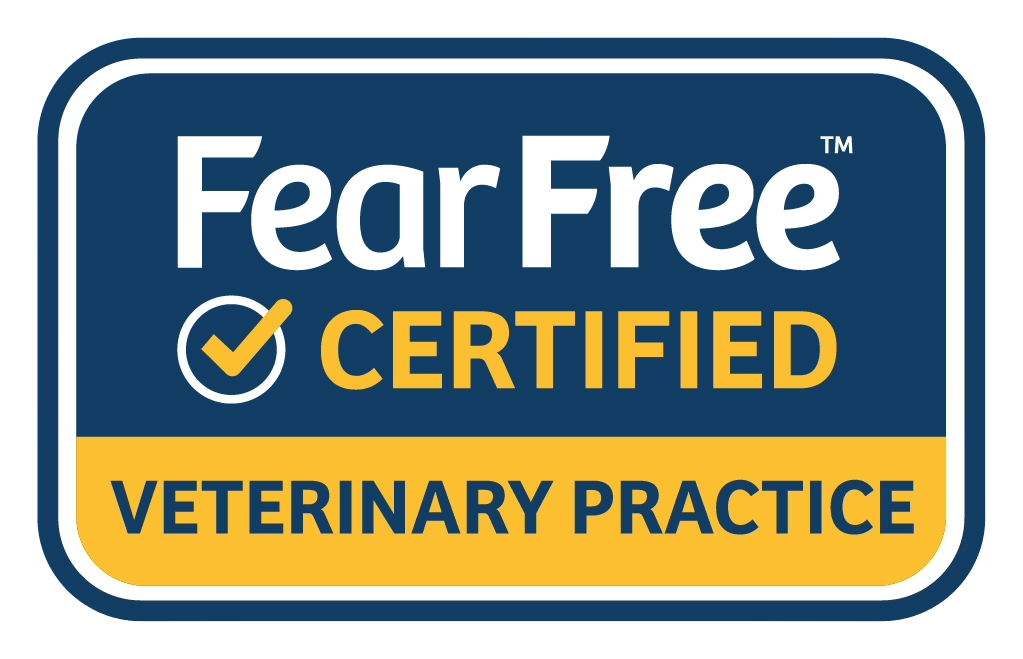Dog owners in middle Tennessee need to be aware that a new disease is emerging in our state. Earlier this summer, an outbreak of Canine Influenza dog flu was reported in Knoxville. The disease has been diagnosed here in Nashville but not to the extent it spread in Knoxville.
Why do dog owners need to be concerned?
Canine influenza is a highly contagious upper respiratory disease that can make your pet very sick and in some cases be fatal. Because this disease has only been around for a little over a decade, the disease is still emerging as a concern for our dogs.
What are the symptoms?
Dogs infected with canine influenza may not appear sick for several days. Once symptoms start most dogs will run a fever (sometimes a high one), cough, lose their appetite, and not want to interact with people or have much energy to move around. The disease can mimic another more common upper respiratory disease called Bordetella. However, canine influenza pets are much more ill. Infected dogs can be diagnosed with PCR viral testing.
Who are the dogs at risk?
Really any dog that has an active life-style is at risk. Dogs that go to the groomer, dog parks, dog shows, agility competitions, boarding, or doggy day care. That is a lot of our dog population that has increased exposure. The virus is easily passed through dog-to-dog contact; contaminated objects such as a shared dog bowls, people’s hands, or blankets; or shared contaminated air from secretions expelled from coughing or sneezing. This disease likes to spread and we have an under-vaccinated population of pets.
How is the disease prevented?
Suspected contagious dogs should be isolated from other dogs for 3 weeks. This period of isolation has shown to be the most effective at reducing the spread of this disease. Isolation can be done at home. If hospitalization is required, then isolation in a separate area of the hospital is required. Vaccination is the only way to ensure your dog increased protection from getting sick with the dog flu. Two strains of the virus have been isolated in North America so make sure you ask your veterinarian if they carry the vaccine and if it has both strains of the virus. A series of 2 injections is required initially, then annual boostering is recommended.


